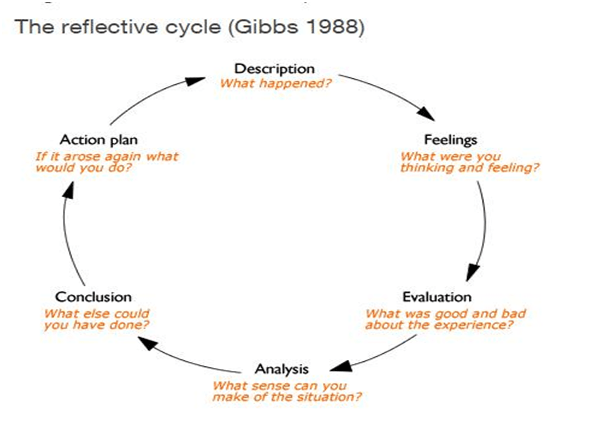MSc and Postgraduate Certificate in Professional Accountancy Global Issues for the Finance Professional
Tasks and requirements
Section 1
Context and Requirement Context
This assignment draws upon topics covered in Theme 5 of the programme. In the current financial environment, it can be seen that Mergers and Acquisitions (M&A) activity is high. The following is an adapted extract from an interview with the CEO of a UK company:
The Board of Directors was aware that M&A activity was more prevalent at certain times compared to others and often this growth in activity came about when banks were prepared to lend at very competitive rates of interest. The M&A which we completed last year we thought would enhance our operations and bring forward substantial benefits. Unfortunately, this has not been the case and some would even say that the M&A was a failure.
Required:
Discuss whether the M&As follow distinct patterns of activity. In addition, consider why many analysts and managers consider M&A to be problematic and not always a smooth process and indeed why so many of them fail.
In responding to this requirement, you should certainly refer to relevant MPAcc materials as appropriate. You are encouraged to also draw upon other materials, as appropriate, from journal articles and/or business reports and/or news reports.
Section 2
Context and Requirement
Context
“It is fine to celebrate success but it is more important to heed the lessons of failure”– Bill Gates
Self-reflection can be used to understand where you are, what you are doing, and where you are going given the current learning you have. It will also help you to develop yourself in terms of a professional work environment and it will help your leadership abilities in terms of driving individuals and the firm in which you work.
Reflection is important within educational experiences. A reflective statement is a statement that captures thoughts about, perceptions of, a past experience, such as that you have experienced in your study of this module. They help us to understand past events and associated experiences and to learn lessons. Having written a reflective statement, it is then possible to analyse it and draw lessons about future decisions, behaviour and actions. Such a statement can focus on the consequences of the educational experience for work-related decisions, behaviour, and actions, not least in the arena of confirming or amending professional work practices. Reflection is more than just a description – if we are faced with a recurring situation what would we do differently the second time around given what we have learned from the first time we encountered the situation.
Required
Look back over your studies in this GIFP module made up of six themes. Identify any two ideas from within the six themes, ideas which you feel are relevant to work practice, be that previous work, and/or current work, and/or work you aspire to. Justify the ideas identified for inclusion in your list of two. It may be appropriate to identify ideas that are perhaps very new to you and/or ideas which although you were already familiar with, your studies have thrown new light on them, prompting new insights.
Note: a total of TWO ideas are required, not two from each of the six themes.
You may if you wish draw your two ideas from within one theme.
Take time to think about what you have studied and learned about each of the two ideas. Capture and articulate the new learning that has taken place both in terms of the nature and theory of the idea, and practical applications.
Extend the practical application context to include ‘real world’ situations – past, and/or current, and/or potential – leading you to illustrate how each idea has already impacted upon or will impact in the future upon your professional practice when dealing with matters financial. Where appropriate, this should include a statement of changes you will have to enact to ensure that your professional practice is enhanced, and how you will set about enacting them. You should utilise the word count as you see fit.
Background reading (optional) – “Why you should make time for self-reflection (even if you hate doing it)”, J. Porter, Harvard Business Review, March 2017.
In responding to this requirement, you should, clearly, certainly refer to relevant MPAcc materials as appropriate. You are encouraged to also draw upon other materials, as appropriate, from other sources. Ensure that your response is not just descriptive but also reflects analysis, evaluation, conclusions, and plans. There are a number of sources freely available concerning the art and science of reflection. Feel free to draw upon such sources.
One way of evaluating a situation is to follow the Gibbs (1988) approach outlined below.


